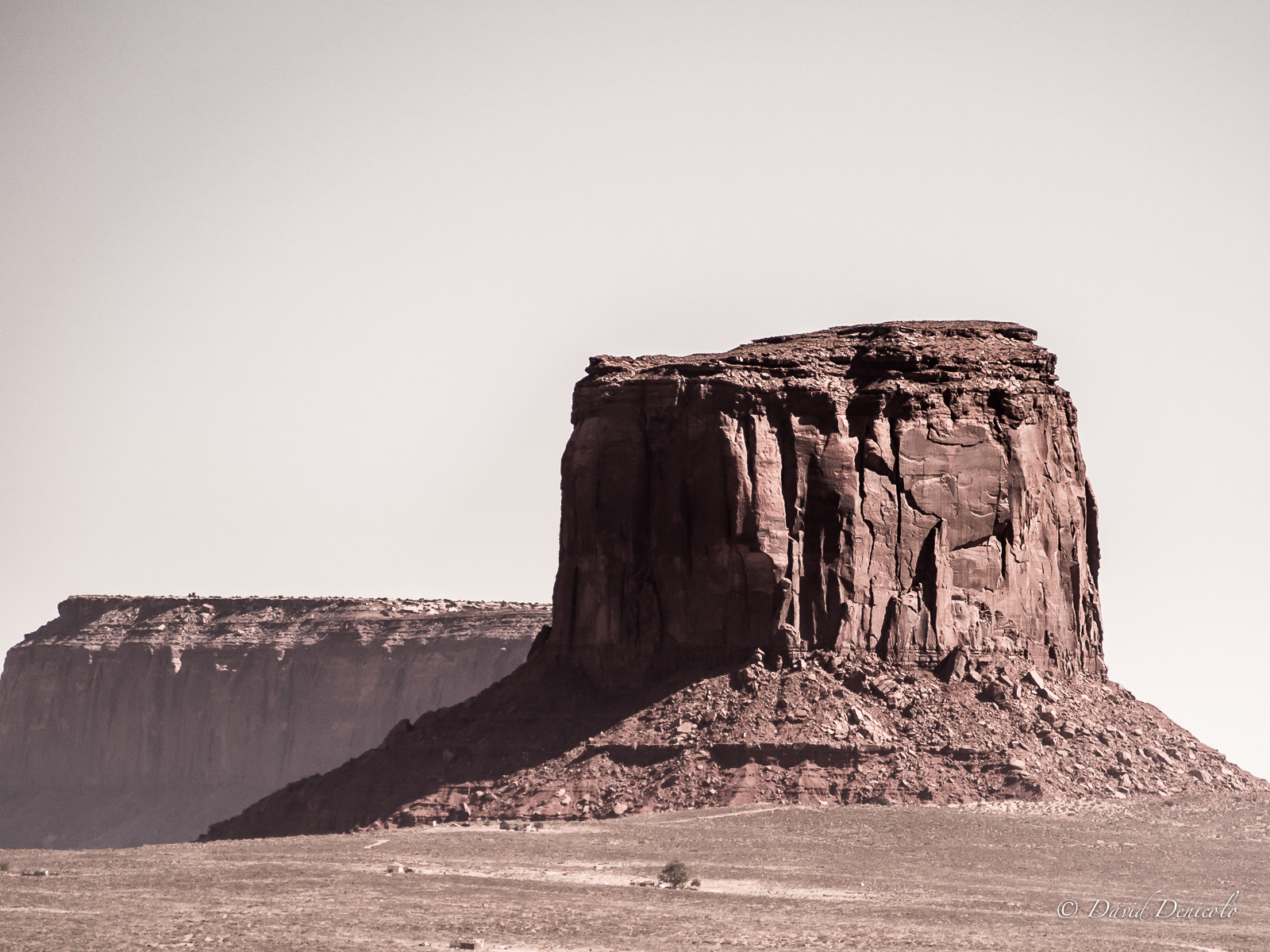
This module is an investigation of the origin myths of the U.S.A. It takes the Western as the paradigmatic form of United States literature and cinema, and examines the cultural fissures and influences that threaten and support the Megamyth of the founding of the United States.
Students will consider classic and contemporary westerns; 'outsider' westerns that trouble the hegemony of the grand narrative, and test the iconic western against a number of distinct narratives about the formation of the American identity, with a particular eye to the way that black, hispanic, latino, and aboriginal storytellers contribute counter-narratives of the settlement of the U.S.A. that nevertheless find themselves to be, over time, incorporated into the mythology of the Western - for better and for worse.
The module will address texts from across the history of the U.S.A., beginning with work produced on the frontier, and culminating in the present day. An interdisciplinary course of study, fiction and non-fiction writing and poetry sit alongside cinematic and theatrical texts, in order to foster a discussion of how, and why, the Myth of the West has gained the kind of mainstream cultural traction it has, and how it has not only survived, but continued to thrive into the present day.
Aims
1. To use genre in order to focus a pan-historic discussion of literary and cinematic texts from the U.S.A
2. To link up the study of mainstream and outsider texts in order to define and interrogate the idea of contemporary cultural mythodology
3. To explore the cultural heritage of distinct forms of storytelling
4. To interrogate the concent of a 'national literature'
5. To explore the relationship between folklore and foundational mythodology, and contemporary society
6. To investigate the relationship between the Western as a narrative form, and the history of colonialism in the U.S.A.
Learning Outcomes
Students studying this course will:
1. develop an understanding of genre studies as a means of approaching literary scholarship
2. demonstrate a high level of critical thinking and interrogative practice
3. develop an understanding of a number of distinct theories relating to myth
4. become conversant with a century of literary and cultural history from the U.S.A.
5. demonstrate the ability to address distinct artistic (literary, cinematic, and theatrical) forms within a single, comparative conversation, in oral discussions and presentations, in essays, and in examinations
6. hone a critical vocabulary that permits students to address artwork from a number of cultural traditions with rigour and sensitivity.
- Module Supervisor: Jordan Savage